ANALYZING THE MODERN WORLD -
This is part 2 (part 1: here) of a series of articles which intends to explicate the overarching themes which play a major role in the latter stages of the Western Cultural Tradition.
Popular culture is not open to self-examination, in fact, it abides by an Orthodoxy of political correctness. Entertainment is a major component of people's lives which unconsciously entrains the mind to mythicize its personal narrative. This dimension of modern life is a vehicle which manifests the unconscious Machevellian tendencies in humanity; its Shadow longs to be free, it yearns for Catharsis.
"The repression of any innate tendency brings in its wake the desire for some escape." -The Sacred Fire by Ben Zion Goldberg [1930]
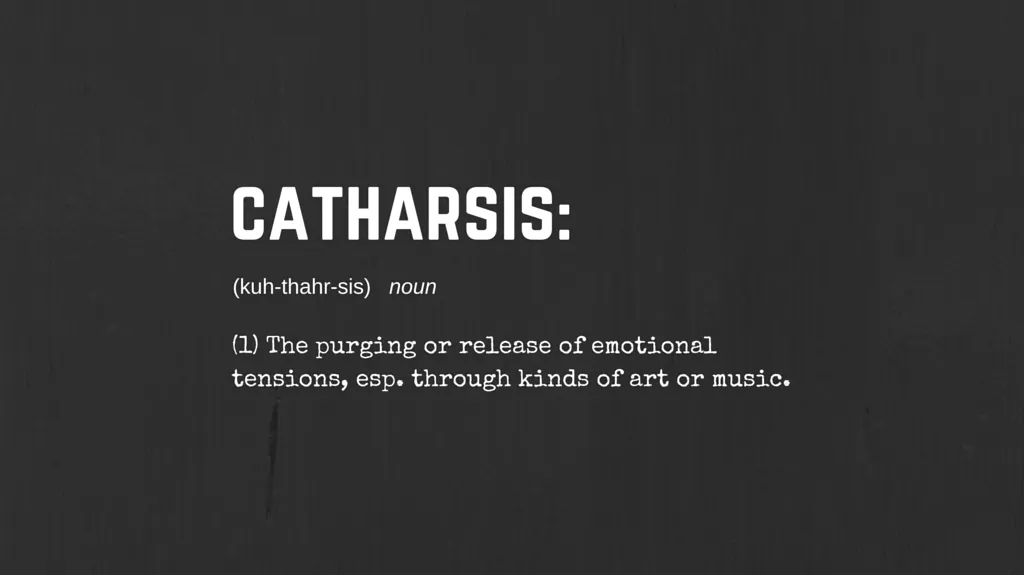
As mentioned in my previous article, the darker character traits in Man such as psychopathy, narcissism and the Machiavellian mindset are the most appealing Characters in today's popular culture. Subsequently, people emulate the darker roles projected on the screen to exalt their imagination, to exercise their passions vicariously and to fulfill their animus. By no means is this phenomenon unfolding in a vacuum, but rather it operates within the thematic structure of post-modern society.
Today's culture extols the primordial & adversarial passions through the archetypal Anti-Hero, but diffuses the civilizing drives for compassion, monogamous pair bonding and the heroic resolve to progress beyond our shortcomings. The popularity of the Anti-Hero is a response to the decades of demographic shifts, economic decline & social demoralization taking hold over American society. Conveniently for the ruling class, this also acts as a psychic safety-valve which redirects people's passion from addressing the real source of disharmony in society.
The pathology of the Anti-Hero (The Adversary) as depicted in American iconography, becomes ritualized throughout every stratum of society.
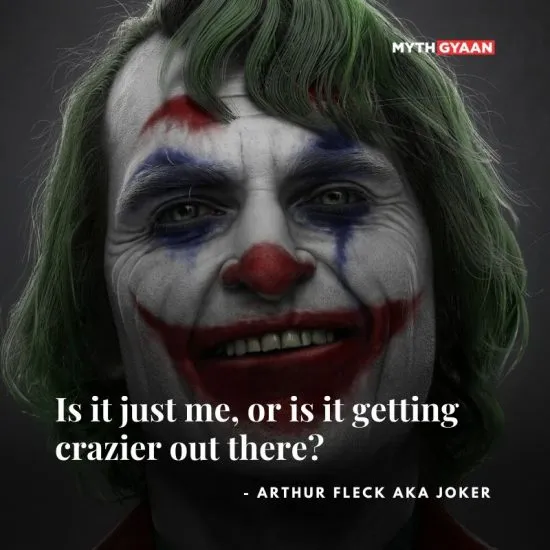
When analyzing the sociological, psychological and political impact of current events ("conspiracy theories") oftentimes we may exclude from our analysis peoples' real need & desire to transgress social order. Moreover, there is a penchant in biased researchers who promote their preferred social order as the panacea to this so called problem. I contend this is not a particular problem of modernity but rather a natural instinct which makes itself known when the pretense of social order for the benefit of all fades away.
People who exclusively follow headlines without knowledge of history or the evolution of concepts take for granted the protracted social conditioning of centuries ago; nay even decades ago. Conveniently, on both ends of the political spectrum the general public assigns blame to either Capitalism, Communism or to each others' past transgressions. In this flux of contradiction, the least likely narratives or foundational principles to be popularly adopted are those that promote social cohesion such as the act of forgiveness (redemption through compassion). Furthermore, the dramatic turn from Courageous Cowboy to the Anti-hero in modern storytelling underlines the departure from a society that dares to overcome its shortcomings to a society that sees its shortcomings as insurmountable obstacles which inspire the passion to break bad, for payback.
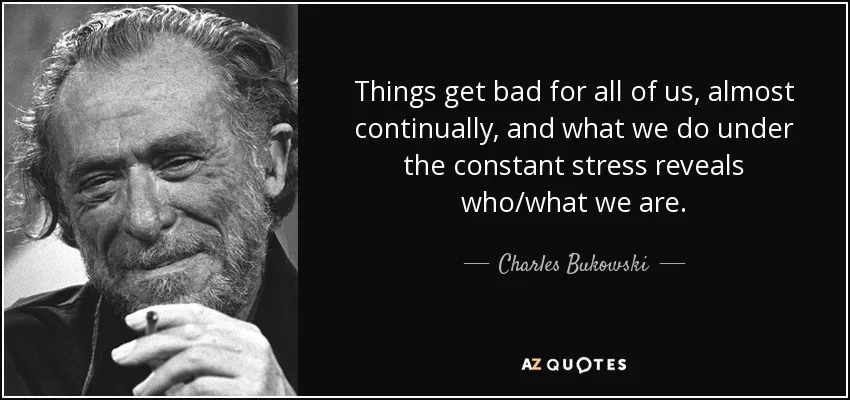
For example, the existential complex encapsulated in Taxi Driver & portrayed by the adversary Travis Bickle demonstrates a case study that represent our own moral distress with a dehumanized society. This existential dread coincides with the socio-economic reality at that particular time. This pivotal connection reaffirms itself with movies like Falling Down (depicting a continuation of this theme) or with the popularity of the adversarial character type in movies like the Joker, Punisher or countless other Anti-Heroes. Traditionally the least desirable character traits such as narcissism, Machiavellianism & psychopathy (i.e. Dark Triad) have gradually become the most appealing characters in American culture.
The antihero in popular culture:
The Dark Triad of personality is composed of narcissism, psychopathy, and Machiavellianism. Despite the common belief that these traits are undesirable, the media is awash with characters that embody the Dark Triad. Characters like Gregory House, M.D., Batman (a.k.a. the Dark Knight), and James Bond all embody these traits and are some of the most popular media franchises today.
The lust for revenge; from ancient times to post-modernity
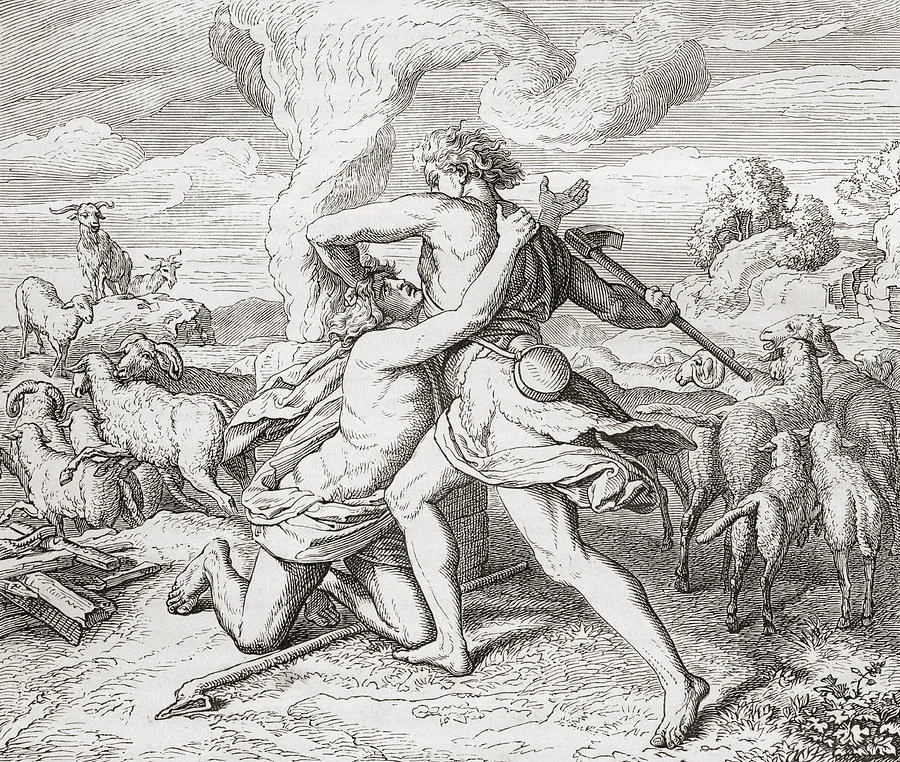 Cain Killing His Brother Abel, After is a drawing by Vintage Design Pics which was uploaded on July 16th, 2015 to FineArtAmerica.com
Cain Killing His Brother Abel, After is a drawing by Vintage Design Pics which was uploaded on July 16th, 2015 to FineArtAmerica.com
The inborn malevolent aspects of human beings once restrained by traditional normative forms for the sake of social cohesion has been gradually overridden. Jordan Peterson's work focuses on this aspect, and in his exposition of Cain & Abel (Archetypal Brothers) provides us with an insightful explanation on vanity & victimhood. This archetypal struggle amongts brothers (Cain & Abel) reflects humanity's perennial essence: good and evil.
In my view, if we expand upon these stories beyond the Christian Mythos it offers us new insights into the primordial underpinnings of humanity. More importantly, we also discover the unconscious confession of humanity's existential dilemmas as depicted by its heroes & villains. To understand the complexity of Man and his transformation we must dare to journey beyond our own particular narratives.
The trans-formative influence of Religion, the power of the State and the social pressure of the group outline the foundational myths, the rituals & the popular narratives which influence the individual to conform for its survival. Rarely do we admit that it also blinds us to our unconscious (primordial) drives that seek the right opportunity to make their presence known. Expanding our analysis to also include the themes found in Christian mythos, pop-culture narratives and the modern myth of material dialecticism elucidates a more complex but balance approach to understanding our own humanity.
The evolution of normative concepts in the West obfuscate this subtle relation between power, social transformation and the impacting influence it had on the collective conscious. For the survival of the species the uninhibited primitive man who embraced a live-fast lifestyle had to abandon his unconventional passions to conform to a new type of survival strategy: long-term monogamous pair-bonding, agriculture and social convention:
Social conventions are those arbitrary rules and norms governing the countless behaviors all of us engage in every day without necessarily thinking about them, from shaking hands when greeting someone to driving on the right side of the road -Social Convention: From Language to Law.
For a brief time in history this particular social arrangement served the interests of the ruling class and the people --because it promoted security & prosperity for society as a whole. As this functional myth collapses in real time the social roles it promoted regress back to their primordial unconventionality. In ancient times, people sacrificed themselves, their bounty and their progeny in reverence of incomprehensible forces. In modern times, people sacrifice themselves for fame, for wealth and offer up their children at the behest of an all-powerful State.
Scientific, technological and medical advances assuaged our primordial fears with convenience & comfort but also left us with existential dread in its quest for progress.
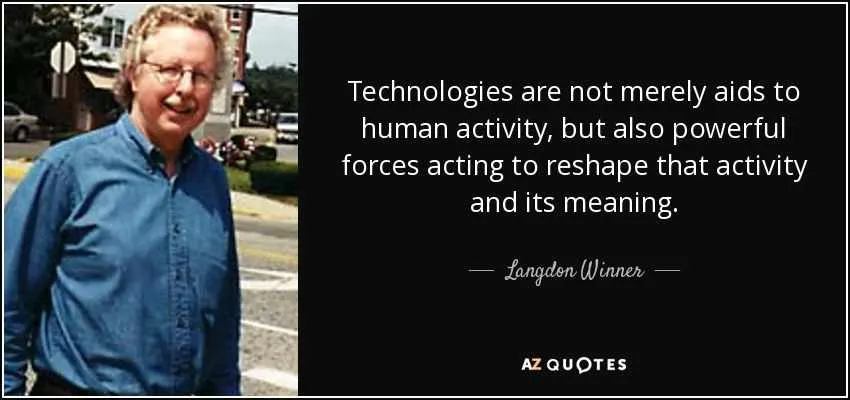
The procession of humanity's psychic forces from the primordial to the modern had the eponymous effect of alienating humanity from its ancient origins. In the dying phases of any Civilization these primordial forces seek to express themselves in cathartic rituals, social disharmony and most visibly through popular narratives.
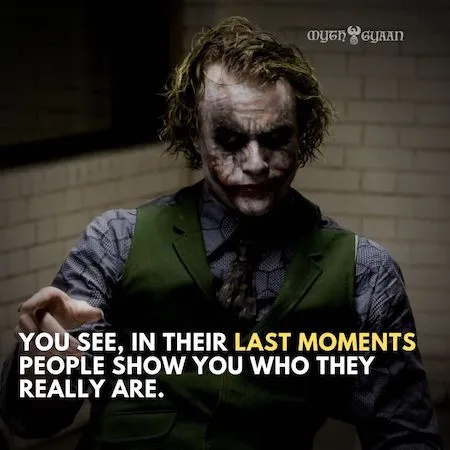
Consider the popularity of adversarial characters in movies, television and music as a crevice from which the unconscious distress of society at large makes itself known. We can also analyze the symbolism, the patterns or the endless connections between Hollywood & the military industrial complex. These are valuable facets of research, but they only inform us about the material & political forces shaping our world. We need to acquaint ourselves with the internal psychic forces that drive us towards either involution or evolution; civilization or anti-civilization.
For example, when we analyze the 1970s economic crisis and correlate this timeline with the production of darker movie themes, then we've discovered a proverbial time capsule which vividly exemplifies a particular existential conflict in humanity's "progress".
Decades of economic crisis after crisis have conditioned society to expect lower quality of life, and the resulting zeitgeist is reflected on the movie screen. The cycle of humanity's rise to Civilization and its fall from grace unfolds in a multi-generational timeline. Each subsequent generation relays a piece of the overall story of our decline, and in these stories lie the key to overcoming our alienation from our humanity.